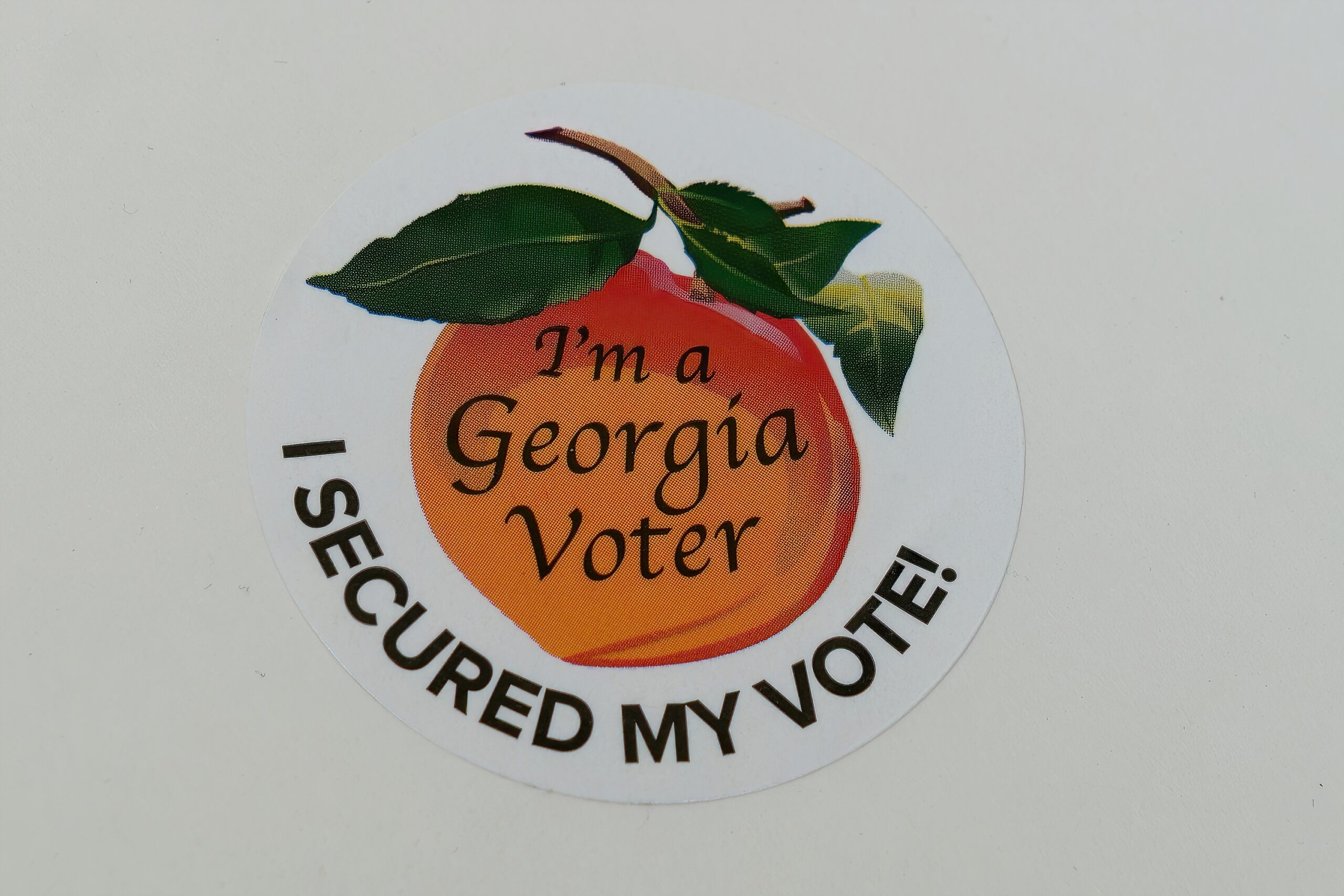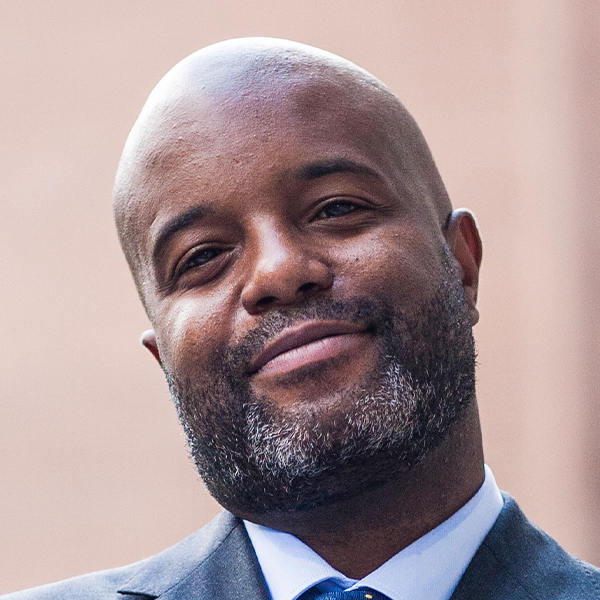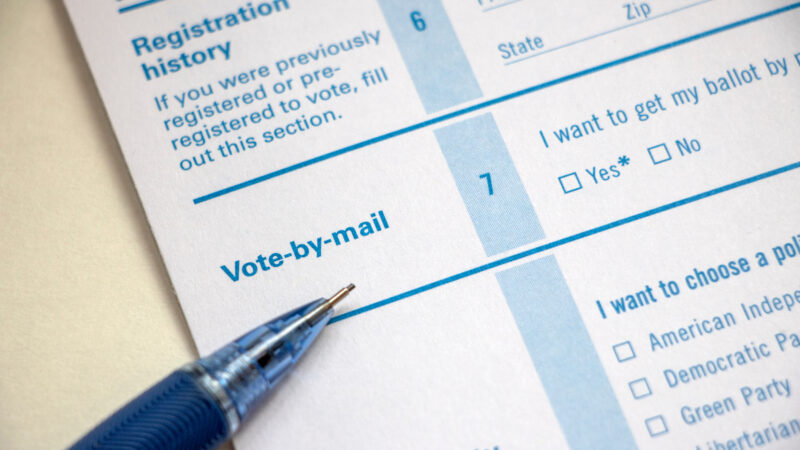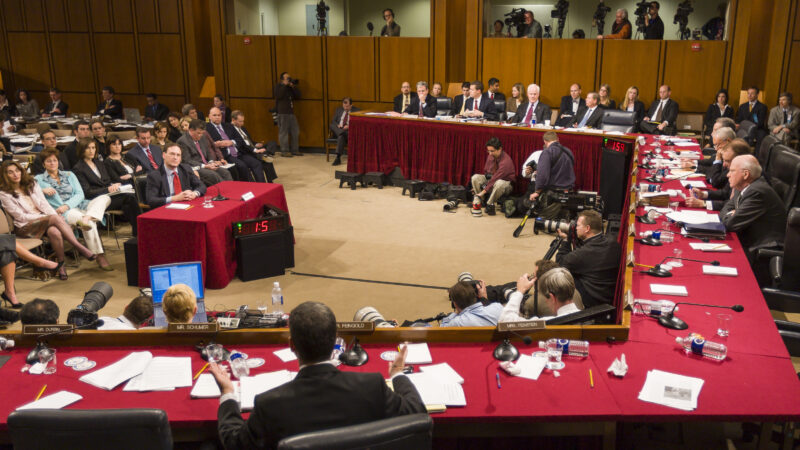Sara Loving is a Data Scientist on the VoteShield team, where she analyzes voter registration and absentee ballot data.
The Big Lie dressed-up as “data science”
- October 29, 2024
Unpacking false claims made in United Sovereign Americans’ Lawsuits

In several states around the country, a handful of election-denial groups have filed lawsuits challenging state voter rolls. These lawsuits allege the voter rolls are meaningfully inaccurate and, as evidence, submit their own analysis of state voter-registration data.
Earlier this year, The Los Angeles Times described these efforts as “a cottage industry of far-right election deniers that has sown disinformation since Trump lost his reelection bid.” One of the most active of the groups is United Sovereign Americans, which thus far has filed lawsuits in nine states. The group claims their purpose is to “restore election integrity,” but a fact-based examination of their “data science” makes clear their purpose is to inject confusion and chaos into the 2024 election.
Each of United Sovereign Americans legal filings submits an “analysis” of state voting records that misrepresents the data. Their lawsuit filed in Georgia is representative of the rest. The group claims they have “uncovered overwhelming evidence” the state’s voter rolls were rife with intentional or neglectful errors for the 2022 election and, by extension, the upcoming election. Yet there are overwhelming flaws in their methodology. Below are three specific examples:
First, the group alleges duplicate entries are rampant in the voter rolls. United Sovereign Americans uses first, middle, and last names – and date or even just year of birth – as criteria to determine duplicate registrations. This is not enough information to make such a determination.
It is not uncommon for multiple people to have the same full name and year of birth. In Georgia’s November 2022 voter file, there are 11 records of Ashley Nicole Williams born in 1989. Williams is among the very most common last names in Georgia; Ashley was the second-most popular name in America in the 1990s and among the most popular in Georgia. To say that the chances that the 11 listings are duplicates of the same voter are slim would be an understatement.
To determine which records are duplicates one would also need to know unique personally identifiable information (PII), such as a Social Security number or a driver’s license number. State authorities have that information and use it in their routine record maintenance. United Sovereign Americans does not have access to PII.
Second, the group alleges overcounts of “invalid” address and name entries. United Sovereign Americans defines an invalid address as one containing an empty field, such as a missing house number, or a name with non-alphabetical characters like apostrophes or accent marks. This methodology is overinclusive and counts as invalid address and name entries that are valid.
According to their “standard,” voters who lack an apartment number have an invalid registration if they reside at an address where another voter does have an apartment number in their record. Voters can simply forget to specify an apartment number, or choose not to because their mail goes to a central location (an apartment lobby). Some Georgia voters might have incomplete addresses in the public record because they have protected addresses through the state’s VoteSafe program, which protects PII for survivors of domestic violence.
United Sovereign Americans’s flagging of name patterns that feature accent marks or apostrophes also disproportionately impacts non-white voters’ names.
Finally, the group cites voters whose registration dates are a Sunday or January 1 as “problematic” due to the closure of election offices on those dates. Again, it is their methodology that is problematic.
Most states, including Georgia, offer online voter registration which might be processed and dated at time of submission, even if a registration was submitted during an office closure. There is nothing suspicious about someone using a Sunday or a holiday to register online.
On this point, even United Sovereign Americans admit in their lawsuit that “though we believe the registration date should be the date the record was entered into the voter roll, it may be the date that the registration was submitted by the potential voter online.”
In its story about United Sovereign Americans, The Los Angeles Times reported, “the entire plan is based on a count of alleged errors in the voter rolls conducted by volunteers who lack expertise in the election system and election law.”
America has been here before.
United Sovereign Americans is trying to dress up the same old lies in junk data science, which they are using to ask the courts to disenfranchise voters in Georgia and in states throughout the country.
Related Content
Join Us.
Building a stronger, more resilient democracy is possible, but we can’t do it alone. Become part of the fight today.
Donate
Sign Up for Updates Sign Up for Updates
Explore Careers Explore Careers
How to Protect Democracy How to Protect Democracy



